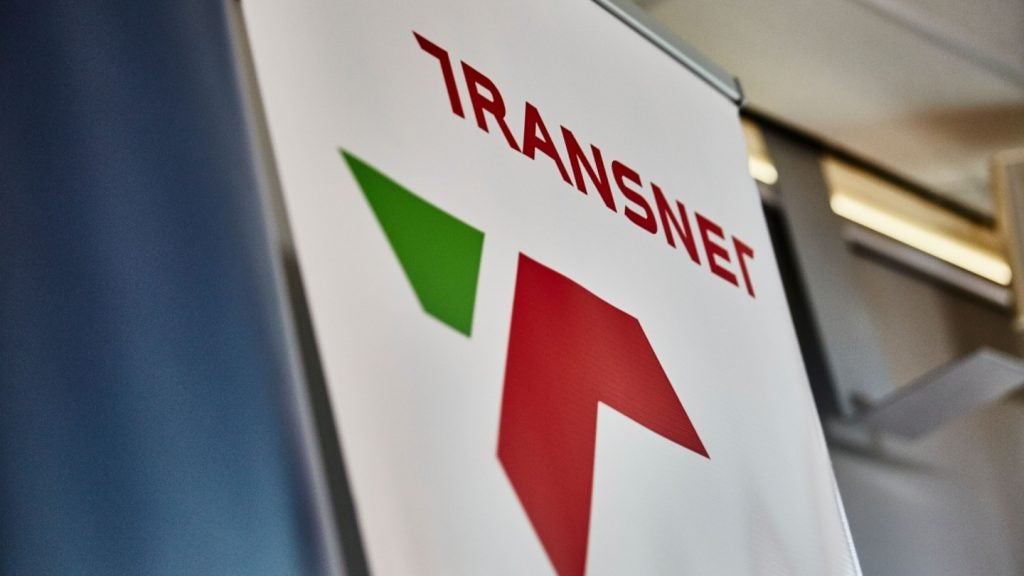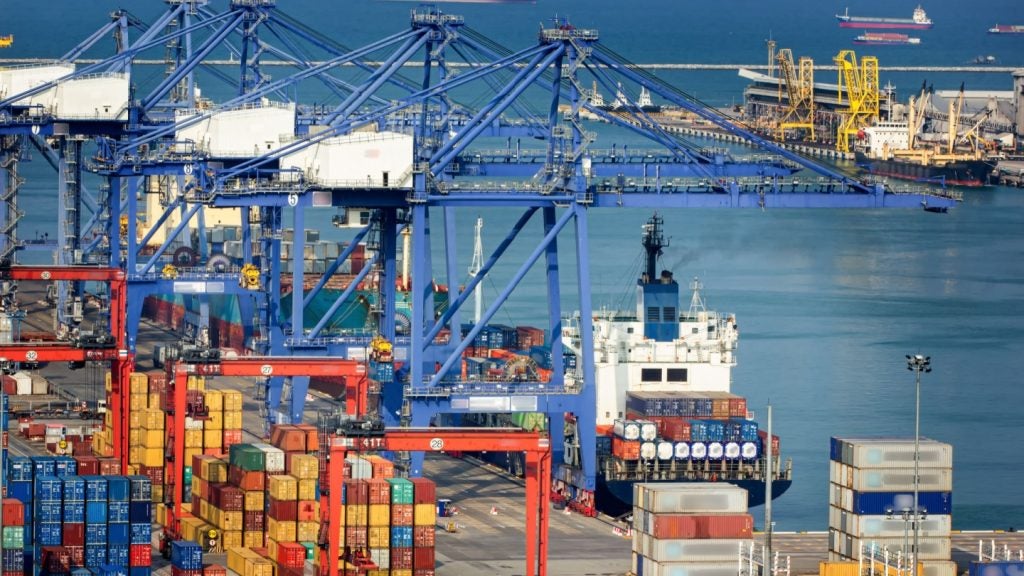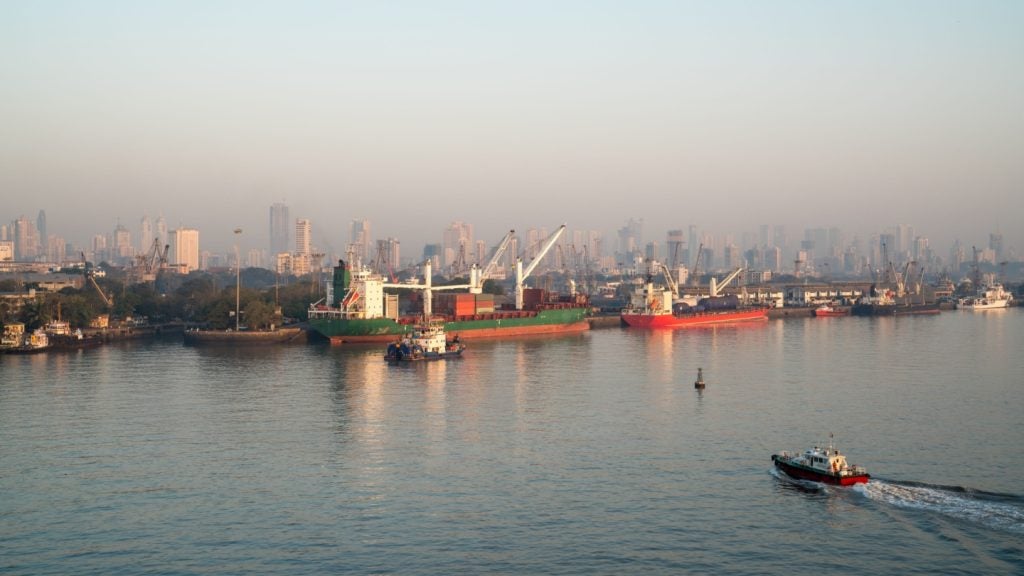Japanese shipping company Mitsui OSK Lines (MOL) has formed a wholly-owned subsidiary in the Philippines, dubbed EcoMOL, to focus on cutting down greenhouse gas (GHG) emissions.
Based in Manila, EcoMOL will address GHG emissions in ships by improving operational efficiency through the use of digital solutions.
It is said to play an integral role in the attainment of sustainable net-zero GHG emissions.
EcoMOL will work with several stakeholders, use big data analysis and constantly review actual operational performance.
As part of the ‘MOL Group Environmental Vision 2.1’ initiative, MOL aims to improve fuel efficiency by 5% by the end of 2024.
Part of the company’s short-term plan involves enhancing ship operational efficiency by deploying energy sailing devices (ESD).
How well do you really know your competitors?
Access the most comprehensive Company Profiles on the market, powered by GlobalData. Save hours of research. Gain competitive edge.

Thank you!
Your download email will arrive shortly
Not ready to buy yet? Download a free sample
We are confident about the unique quality of our Company Profiles. However, we want you to make the most beneficial decision for your business, so we offer a free sample that you can download by submitting the below form
By GlobalDataMOL stated that its Fleet Optimal Control Unified System (FOCUS) project will ‘fully assist the activities providing multiple aspects of ships’ data performance based on ships’ highest granularity data and translate ships data analysis into operational excellence’.
The company also has fixed medium- to long-term targets of ‘reducing GHG emissions intensity in marine transport by approximately 45% by 2035 (versus 2019)’.
By undertaking five initiatives, including the improvement of operational efficiency, the company aims to reach the 2050 goal of net-zero GHG emissions through a concerted effort across the group.







